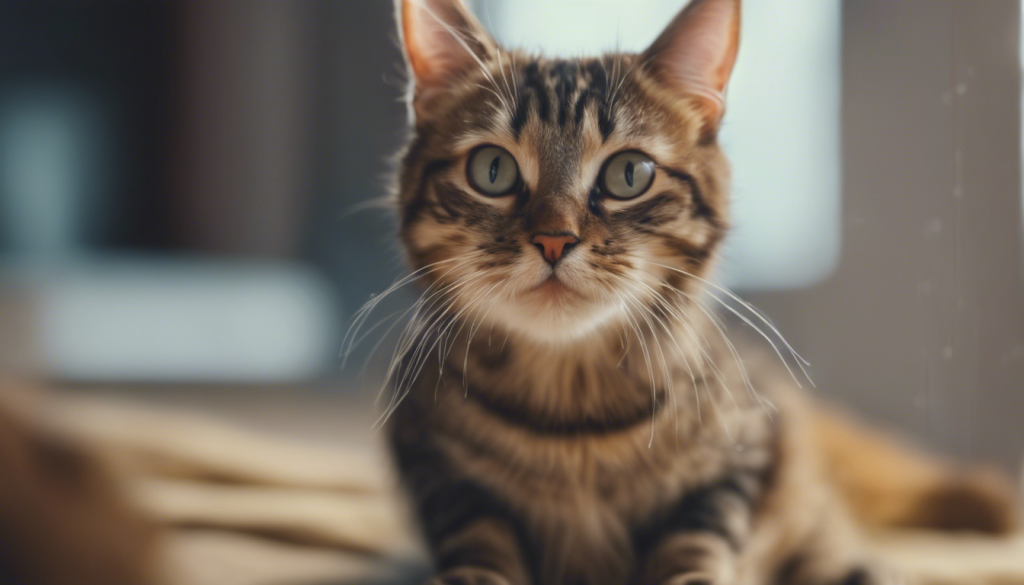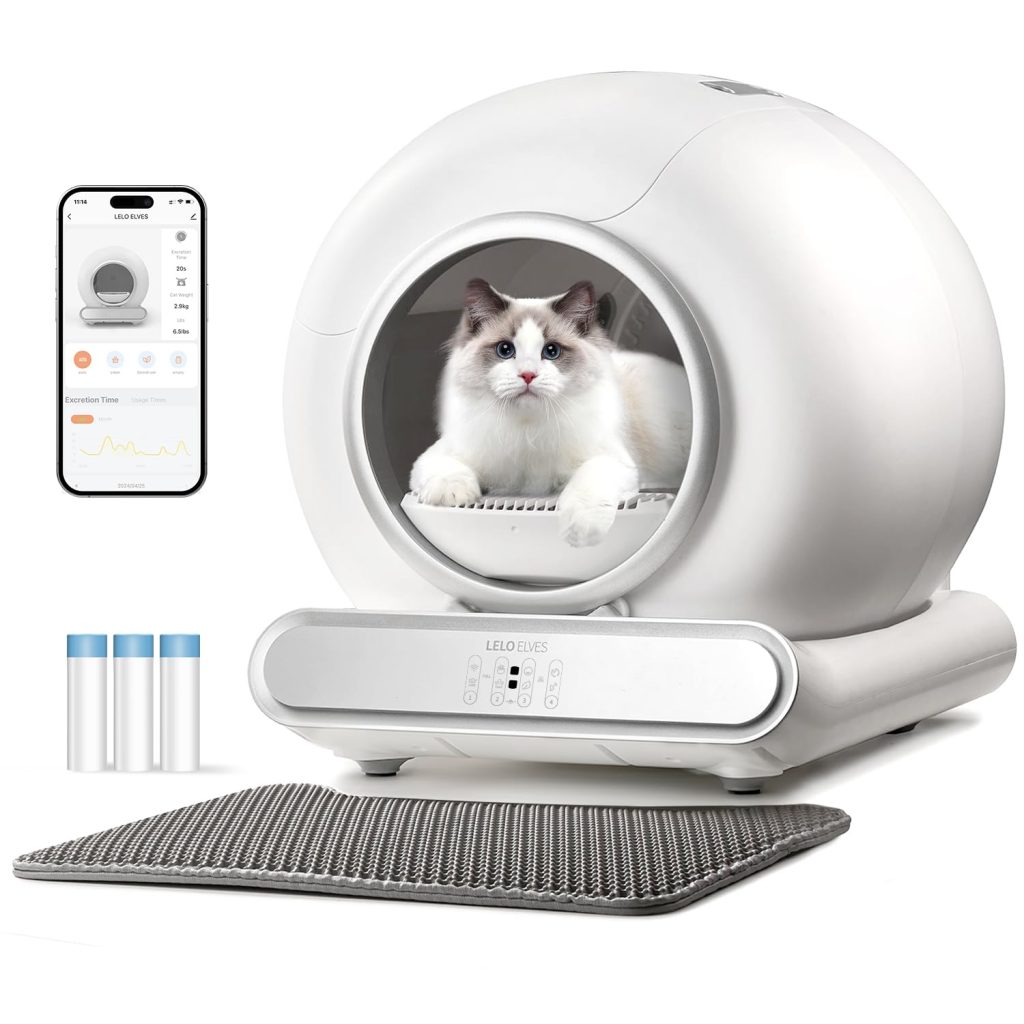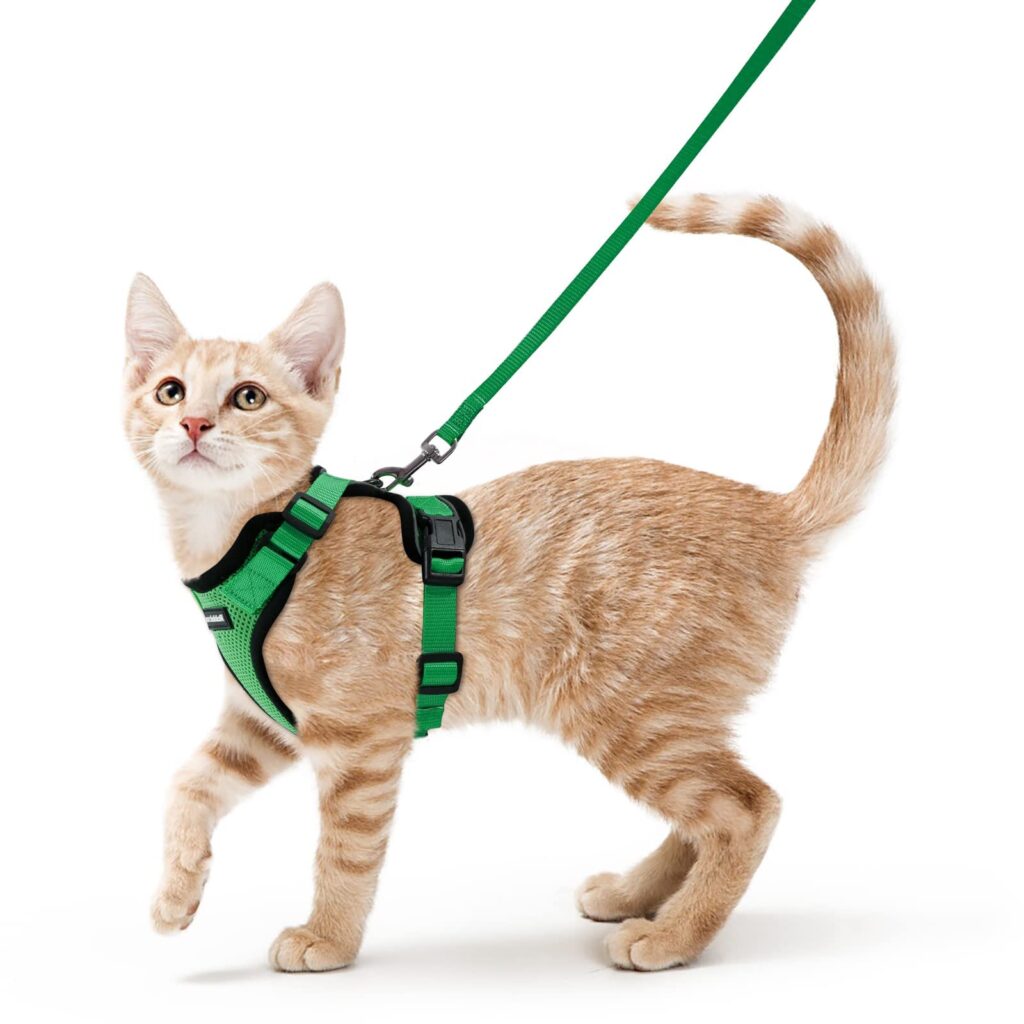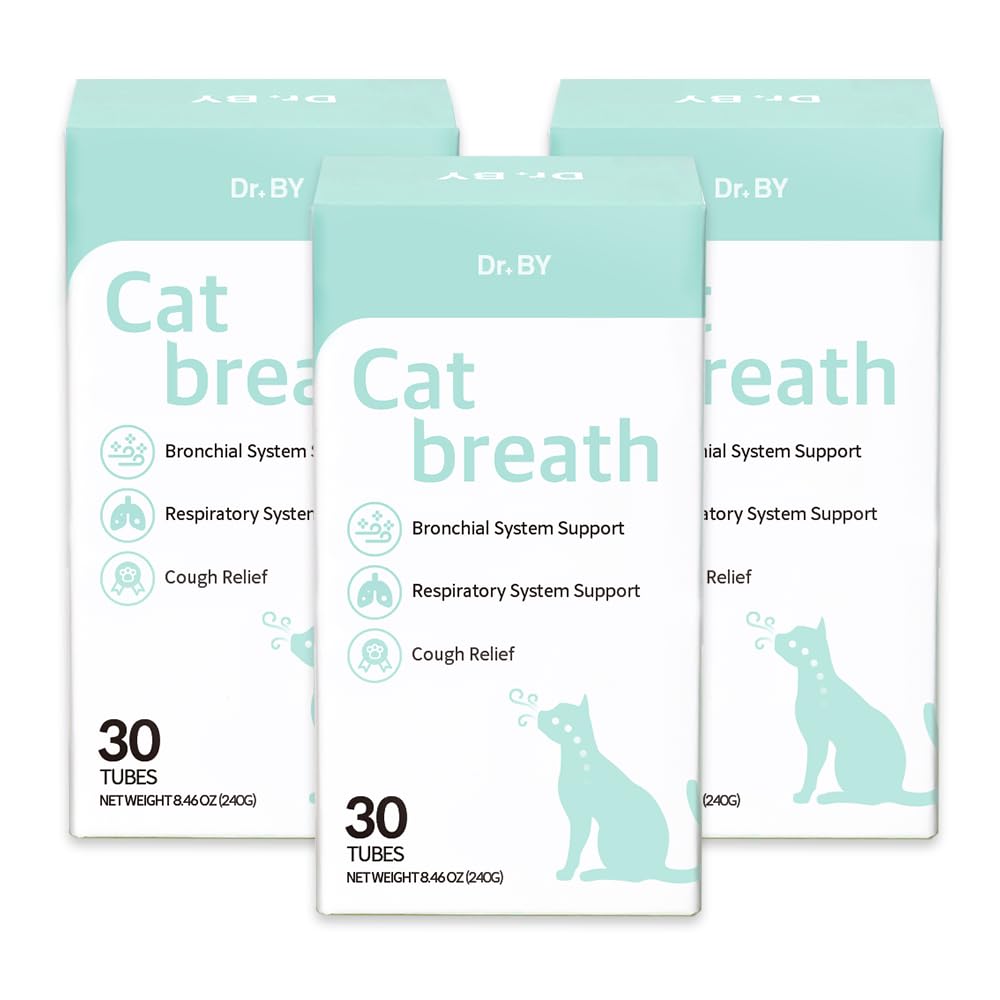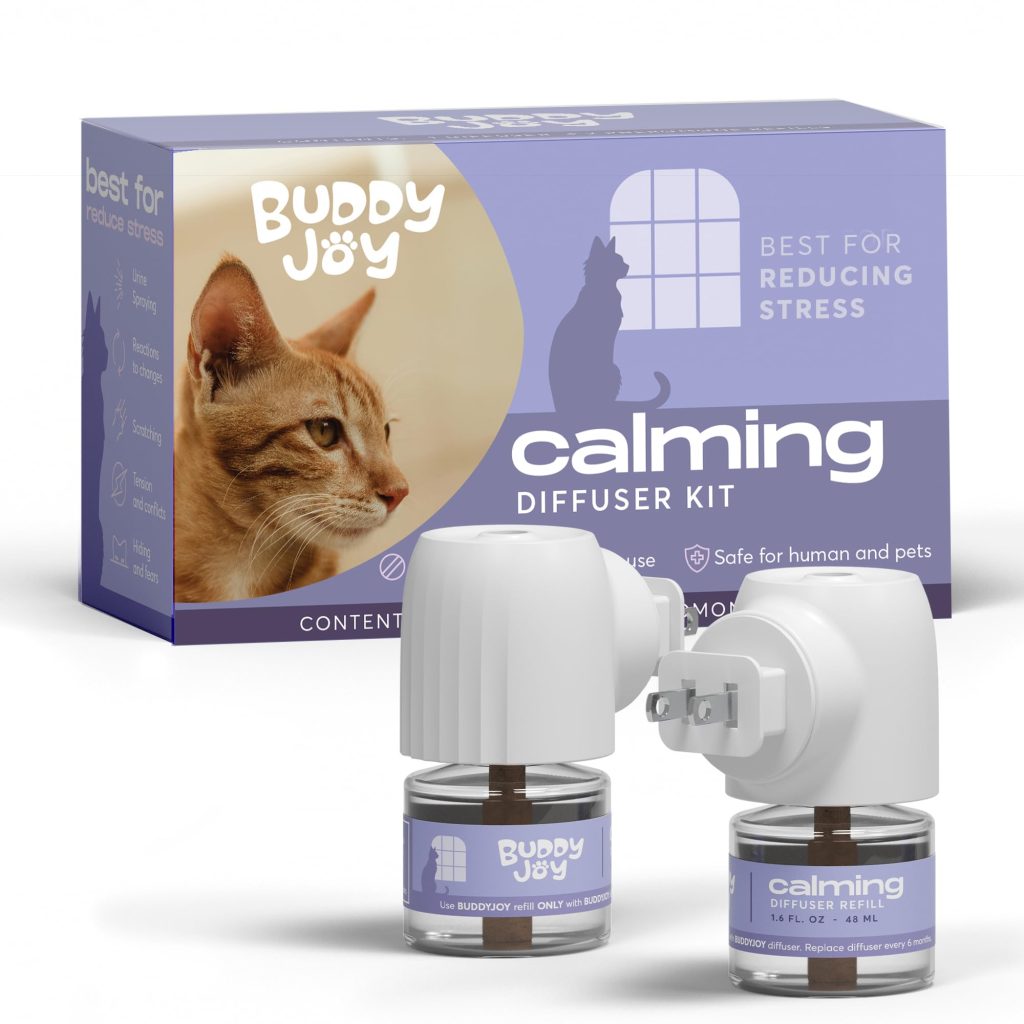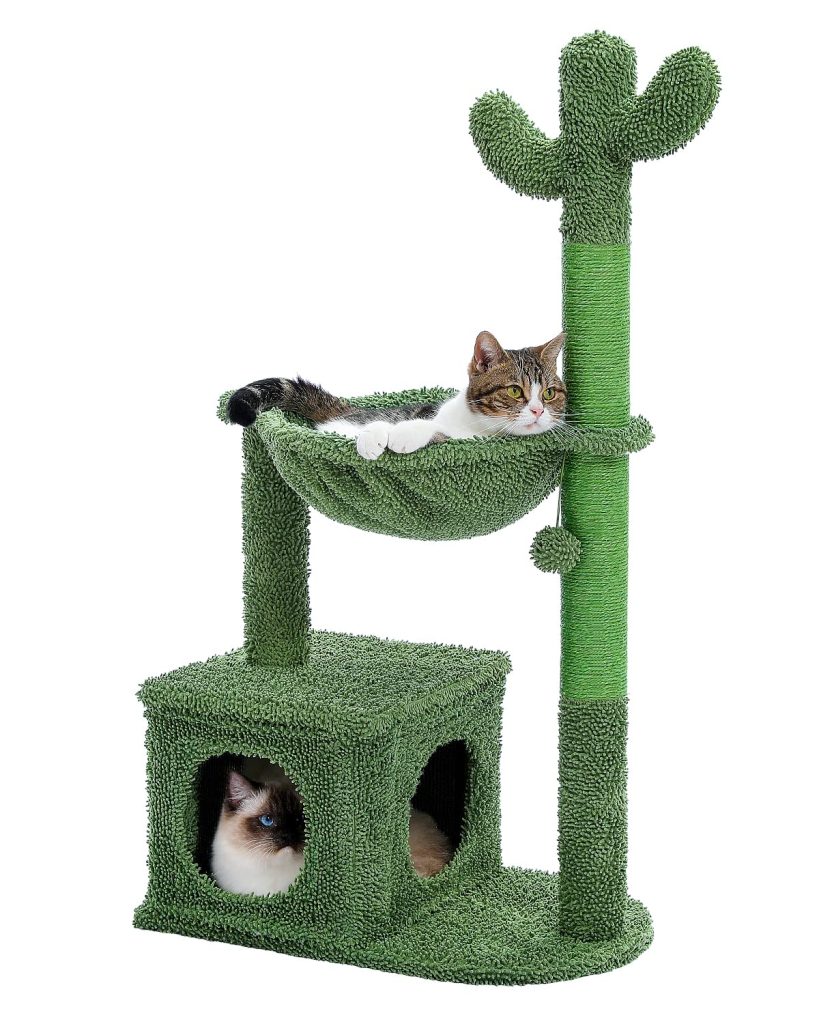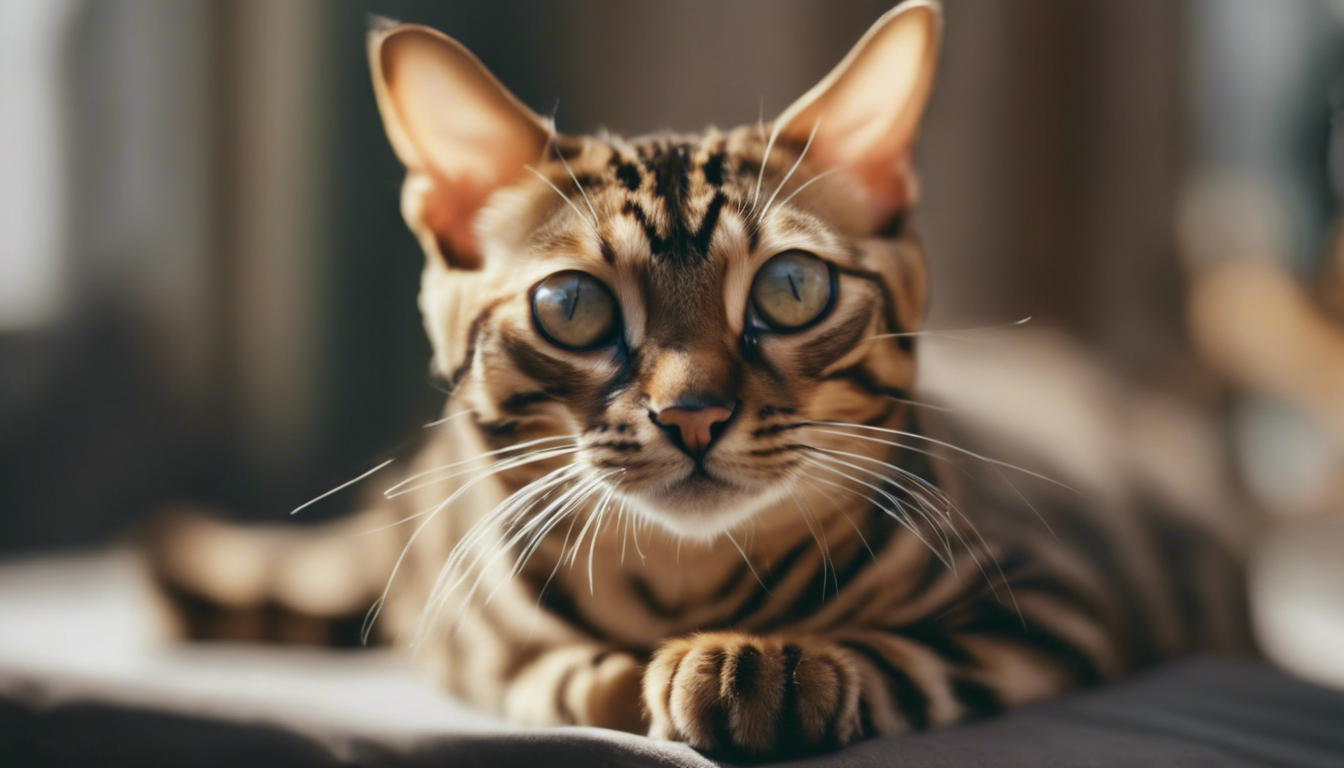
The Bengal cat is a magnificent breed known for its striking appearance and playful personality. They are a result of crossbreeding between the Asian leopard cat and domestic cats, creating a unique and beautiful companion. In this article, we will delve into the breed-specific traits, strengths, weaknesses, and care guidelines for Bengal cats.
Characteristics
Bengal cats are medium to large-sized cats with a muscular build. Their most distinctive feature is their coat, which resembles that of a leopard or a jaguar. The coat comes in various patterns, such as spotted or marbled, and can be found in different colors, including brown, silver, snow, and charcoal. Their sparkling green or gold eyes add to their captivating appearance.
Temperament
Bengals are known for their high energy levels and playful nature. They’re active and enjoy interactive games and toys. They are also highly intelligent and require mental stimulation to prevent boredom. Bengals thrive in environments where they are provided with plenty of opportunities for exploration and play.
Strengths
- Intelligence: Bengal cats are highly intelligent and can quickly learn new tricks or commands.
- Curiosity: Their inquisitive nature makes them great explorers and entertainers.
- Athleticism: Bengals are agile and love to climb, jump, and play. They excel in activities like agility training.
- Affectionate: Despite their wild appearance, Bengals are known to be affectionate and enjoy bonding with their human companions.
Weaknesses
- High energy: Their energy levels can be overwhelming for owners who prefer a more laid-back cat breed.
- Attention-seeking: Bengals can become demanding if not given enough attention and stimulation.
- Stubbornness: Their intelligence can sometimes lead to stubborn behavior, requiring patient and consistent training.
- Noise sensitivity: Bengal cats tend to be more sensitive to loud noises compared to other cat breeds.
Exercise Needs
Due to their energetic nature, Bengals require regular physical exercise. Providing them with toys that allow them to chase, climb, and engage in interactive play sessions can help keep them mentally and physically stimulated. Consider creating vertical spaces like climbing trees or installing cat shelves for them to explore. Taking them on supervised outdoor walks using a harness and leash can also be a great outlet for their energy.
Potential Health Issues
Bengal cats are generally healthy, but like any breed, they can be prone to certain health issues. Some potential health concerns in Bengals include:
- Retinal atrophy: This genetic condition affects the eye’s retina and can lead to partial or complete vision loss.
- Hypertrophic cardiomyopathy (HCM): Bengals can be predisposed to this heart disease, which causes thickening of the heart muscles.
- Patellar luxation: This condition affects the kneecap and can cause lameness or difficulty in mobility.
- Progressive retinal atrophy (PRA): Similar to retinal atrophy, PRA is a group of genetic diseases that lead to progressive vision loss.
Regular veterinary check-ups and genetic screening can help identify and address these potential health issues early on.
Grooming Requirements
Bengals have low grooming needs thanks to their short, dense coats. Regular brushing using a soft-bristle brush can help remove loose hair and minimize shedding. Their coat does not require frequent bathing unless necessary. Trim their nails regularly to prevent them from becoming too long or sharp. Dental care is important, so introduce tooth brushing early and provide dental treats or toys to promote good oral hygiene.
Dietary Recommendations
Provide a balanced and nutritious diet to meet your Bengal’s specific nutritional needs. Choose high-quality cat food that is rich in protein and suitable for their age (kitten, adult, or senior). Bengal cats are obligate carnivores, so ensure the food you provide has a high meat content. Consult your veterinarian for portion sizes and feeding frequency based on your cat’s age, weight, and activity level.
To wrap it up, Bengal cats are an extraordinary breed that demands an active lifestyle and mental stimulation. They are full of energy, highly intelligent, and require engaged owners who can meet their exercise and play needs. Regular veterinary care, a balanced diet, and plenty of mental and physical stimulation are key to keeping them happy and healthy.
